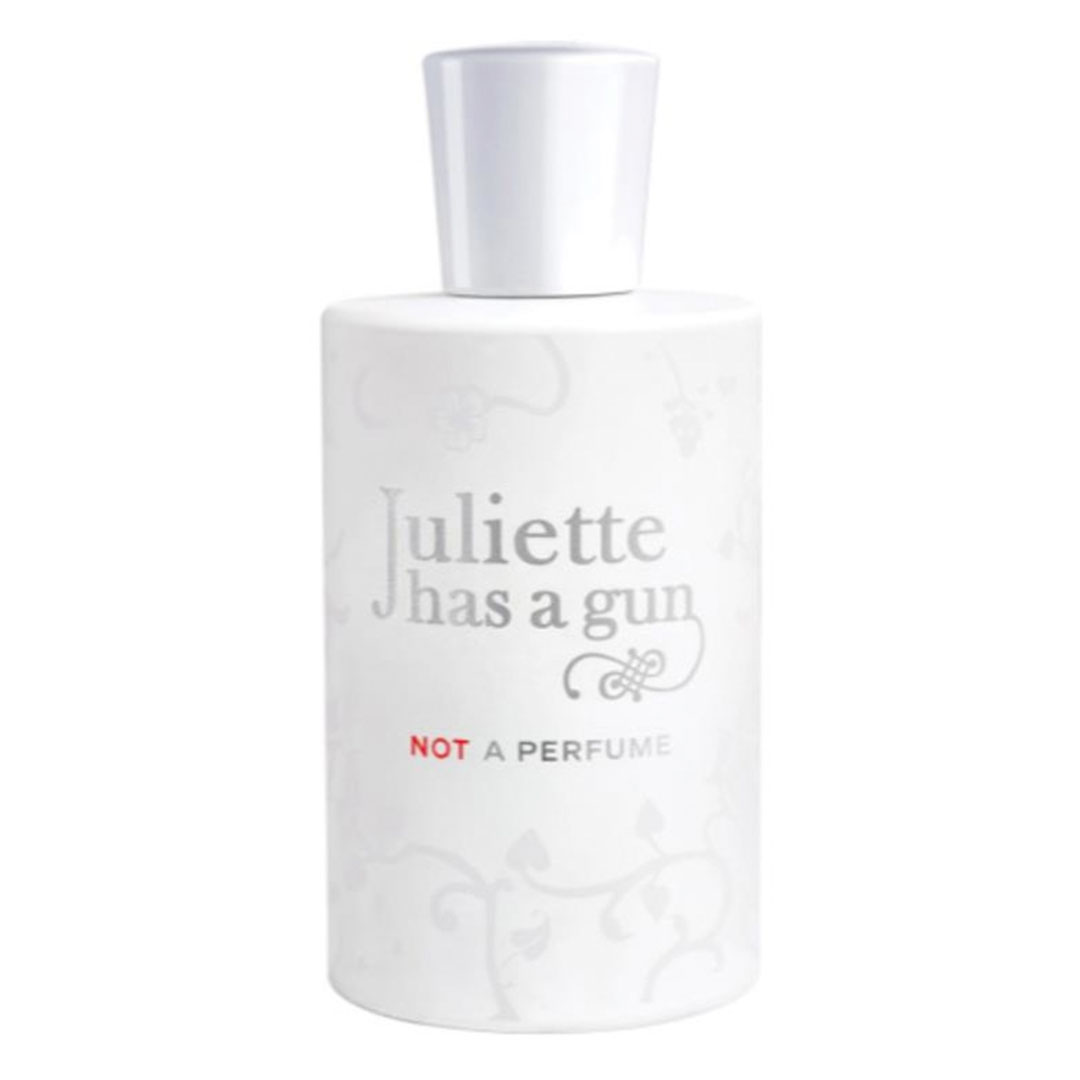Never miss another article!
- - Get notified when we publish a new article.
- - No personal information required. Turn off anytime

Published: Jun 19, 2023 • Last Updated: Mar 11, 2024
When choosing a perfume, one of the fundamental considerations is the origin of its ingredients. The debate between natural and synthetic perfume ingredients has long been a topic of discussion. In this blog, we will explore the pros and cons of each category, empowering you to make an informed decision when selecting a fragrance that aligns with your values and preferences.
Natural Perfume Ingredients:
Natural perfume ingredients are derived from botanical sources such as flowers, fruits, spices, and resins. These ingredients are obtained through methods like steam distillation or cold-press extraction. Here are some key aspects to consider:
Pros:
Cons:
Synthetic Perfume Ingredients:
Synthetic perfume ingredients are created in laboratories through chemical processes, replicating the scent compounds found in natural ingredients. Here are some factors to consider when evaluating synthetic ingredients:
Pros:
Cons:
Making an Informed Decision:
When choosing between natural and synthetic perfume ingredients, it's essential to consider personal values, preferences, and any sensitivities you may have. Some individuals prioritize authenticity and a connection to nature, leaning towards natural ingredients. Others appreciate the reliability and expanded creative possibilities offered by synthetic ingredients. Ultimately, there is no right or wrong choice—what matters most is finding a perfume that resonates with you.
Conclusion:
The choice between natural and synthetic perfume ingredients is a deeply personal one, influenced by factors such as authenticity, creativity, environmental impact, and personal sensitivities. Natural ingredients provide an authentic and complex olfactory experience, while synthetic ingredients offer consistency and expanded creative possibilities. By understanding the pros and cons of each category, you can make an informed decision and select a fragrance that aligns with your values and preferences. Remember, the essence of choice lies in finding a perfume that ignites your senses and brings you joy.
I have always been enamored by the power of perfumes to evoke emotions and capture memories. This profound love for fragrances led to the creation of ScentGod, a platform designed to allow everyone the luxury of discovering and wearing premium scents without the commitment of a full-sized purchase. My vision for ScentGod is more than just offering fragrances; it's about sharing passion, creating experiences, and helping people find their signature essence.
Read MoreYour Cart is Empty


